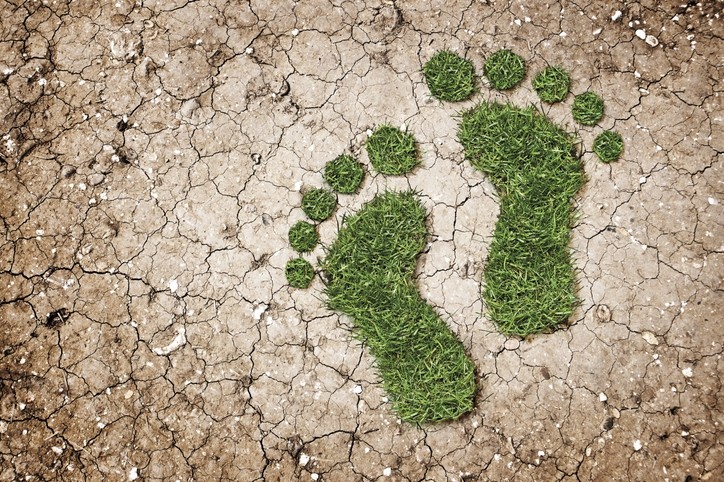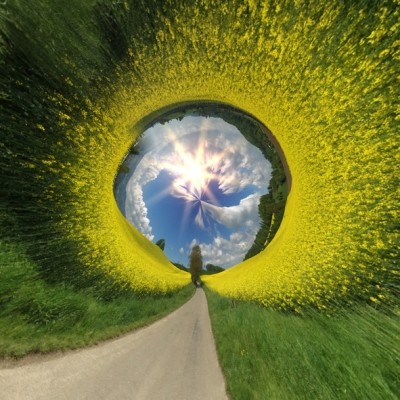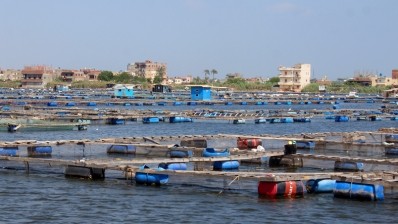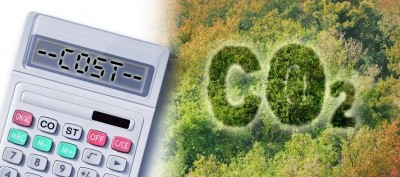Aller Aqua pioneers carbon emissions labeling on fish feed

It now has CO2 equivalent data printed on the labels of its feeds produced in Europe, those coming out of its Danish, German and Polish factories, showing its customers the carbon footprint that the feed in question has. That is not yet the case for its other plants.
“We had to start somewhere and there is a high level of uniformity in relation to the raw materials used in our European factories. However, we are currently collecting figures from our factory in Egypt and from our plant China, so I am sure they will be the next to be aligned in this system,” Henrik Halken, group vice president, told us.
Going live on the labeling front is the result of a long process.
In January this year, Aller Aqua announced it would label is products with their CO2 equivalence, and in August, its methods and results were validated by Bureau Veritas, a world leader in testing, inspection and certification services.
The company is relying on the EU standard, the Product Environment Footprint Category Rules (PEFCR) principles for feed for food-producing animals, to determine the CO2 equivalence of its various products, with each of the raw materials it uses having been through the process, he said.
Local sourcing
Even before it committed to provide CO2 equivalent data on the labels of its feeds, in 2019, Aller Aqua decided to begin phasing out the purchasing of South America origin soy for its European factories in an effort to reduce the environmental impact of its feeds. It has been exclusively sourcing regionally produced soy for those plants since early last year.
“We looked into the CO2 figures and there was actually a big difference between soy from Brazil versus soy from Europe due to the effect of the so-called land-use change, where you have to go back 20 years and determine the transformation of forest to land for agricultural use, and soy from Brazil was coming in higher than soy cultivated in Europe [on the carbon emissions front].
“So, it was at that point, that we thought it would be a good idea to have the CO2-value declared on our feeds, to show the advantage of local sourcing,” Halken said.
He believes it is better to source close to factories. The company tries to buy as locally and regionally as possible, on a wide range of raw materials. It provides the company additional knowledge about the ingredients it uses, he added.
Industry dialogue
Displaying the CO2-value on the feed is a way for the company to be transparent, he said.
Aller Aqua wants its customers to compare CO2 emissions between competing products, and it hopes to start a dialogue about emissions that will spark interest and awareness in the aquaculture sector and beyond.
“The verified CO2 numbers are our baseline and ensure our focus on emissions. From here we can start making choices about our raw materials. Feed performance and price is our priority. However, when we can lower the CO2 equivalent without compromising on quality or increasing the price, we will.”















